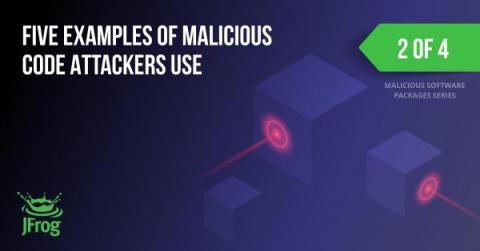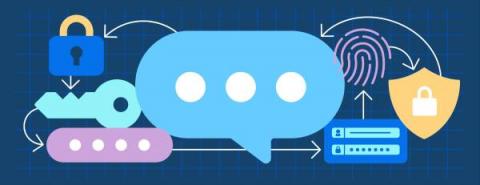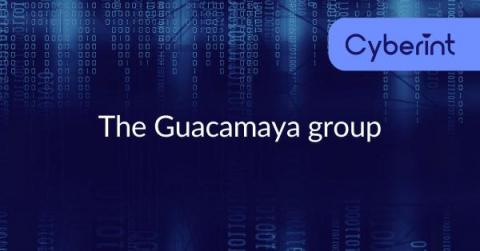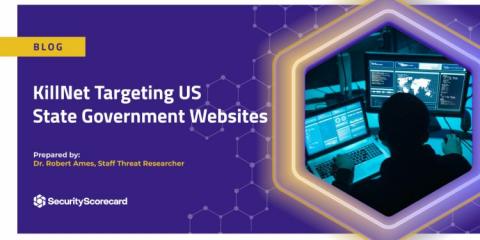AT&T Cybersecurity Insights Report: Focus Energy and Utilities
As energy and utilities companies strive to use the edge to innovate new solutions for delivering more efficient and resilient services, cybersecurity risks to carrying out those business missions loom large. Ransomware attackers and other cybercriminals have increasingly found energy and utilities organizations a profitable target, lobbying high-profile attacks in the last few years that have threatened safety and uptime in the process.











